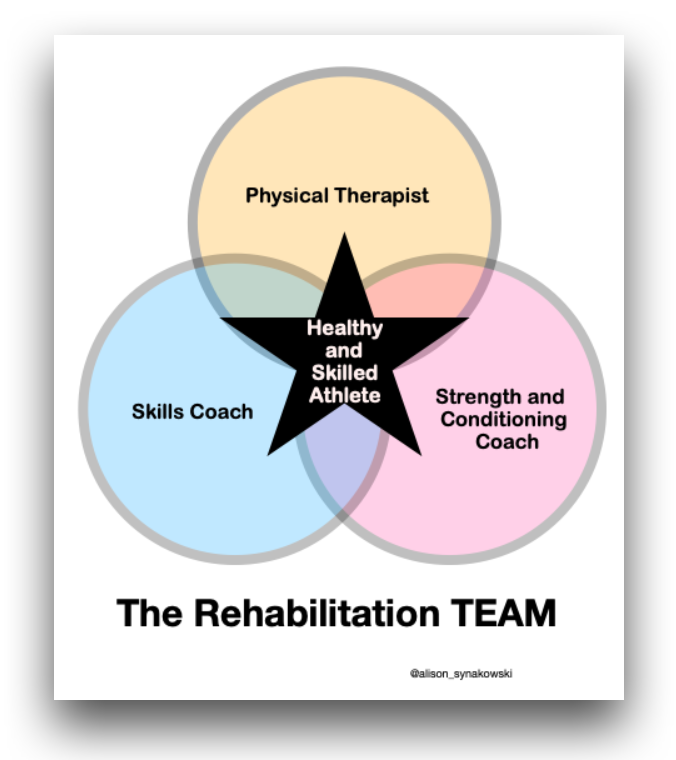

INTRODUCTION
The way the healthcare sector is developing right now is influenced by technology. Telehealth, or the delivery of medical treatments via telecommunications technology, is becoming more common across all medical professions. Telerehabilitation has been identified to improve accessibility and streamline service delivery in the therapeutic setting. The effects of telerehabilitation in occupational therapy practice remain unexplained despite studies in this field. To help therapists make informed decisions about adopting and utilizing telerehabilitation services, this review attempts to investigate these elements and offer useful evidence.
THE SECRET OF HAPPINESS IS FREEDOM FROM ADDICTION
In the wake of sickness, accident, or disability, occupational therapy is vital in assisting people in regaining their independence and enhancing their quality of life. But for many patients, especially those who live in remote places or have limited access to transportation, traditional in-person treatment may be time-consuming, costly, and unaffordable. The inability to obtain essential services emphasizes the need for innovative and workable alternatives. Using telecommunications technology to deliver healthcare remotely, or telehealth, has become a viable solution to these problems. Telerehabilitation has been more popular in occupational therapy in the last several years. With the use of technologies like video conferencing, internet platforms, and smartphone apps, therapists may now provide therapy services to patients at a distance. Through the examination of these significant elements, this study aims to furnish occupational therapists with useful data to guide their choices about the acceptance and execution of telerehabilitation services. In the end, the results will improve patient access to high-quality care and support favorable health outcomes by helping to define best practices and standards for the efficient use of telerehabilitation in occupational therapy practice
our causes
THE SECRET OF HAPPINESS IS FREEDOM FROM ADDICTION









